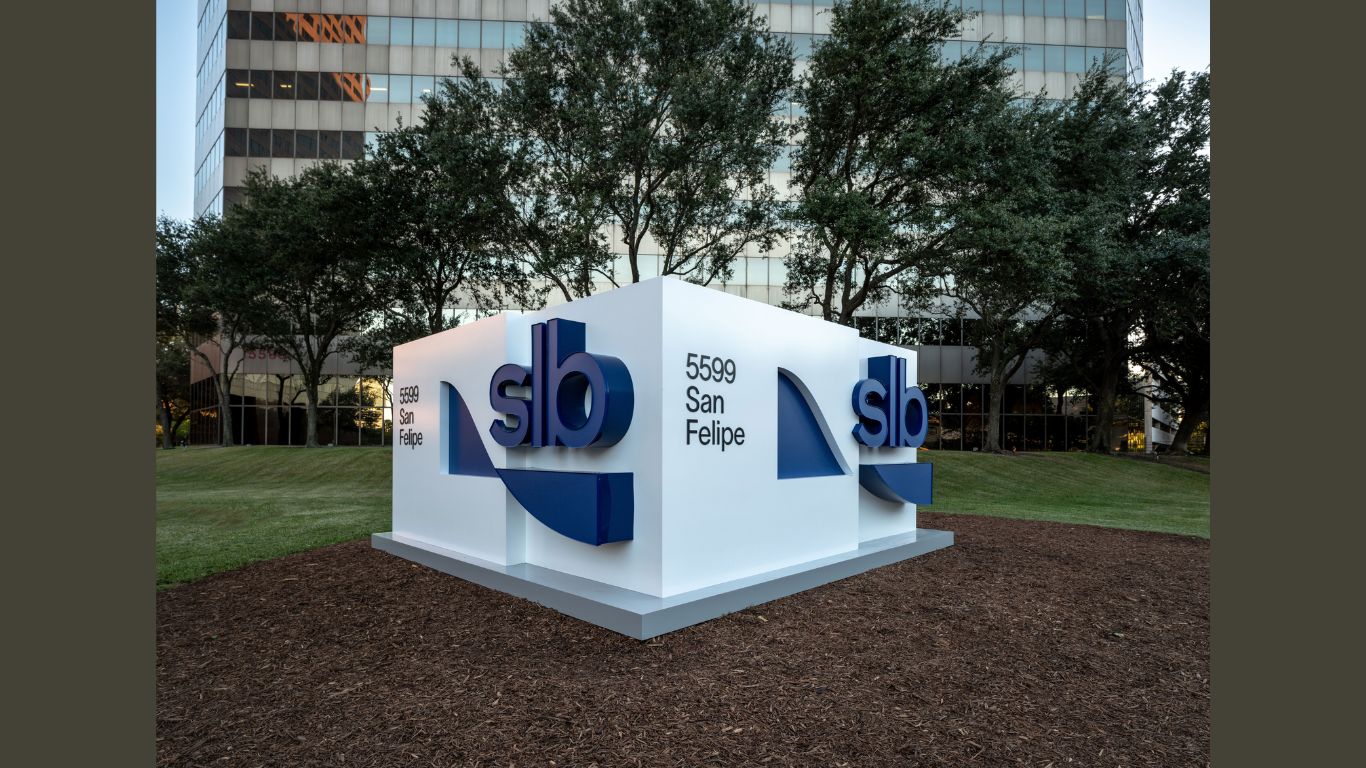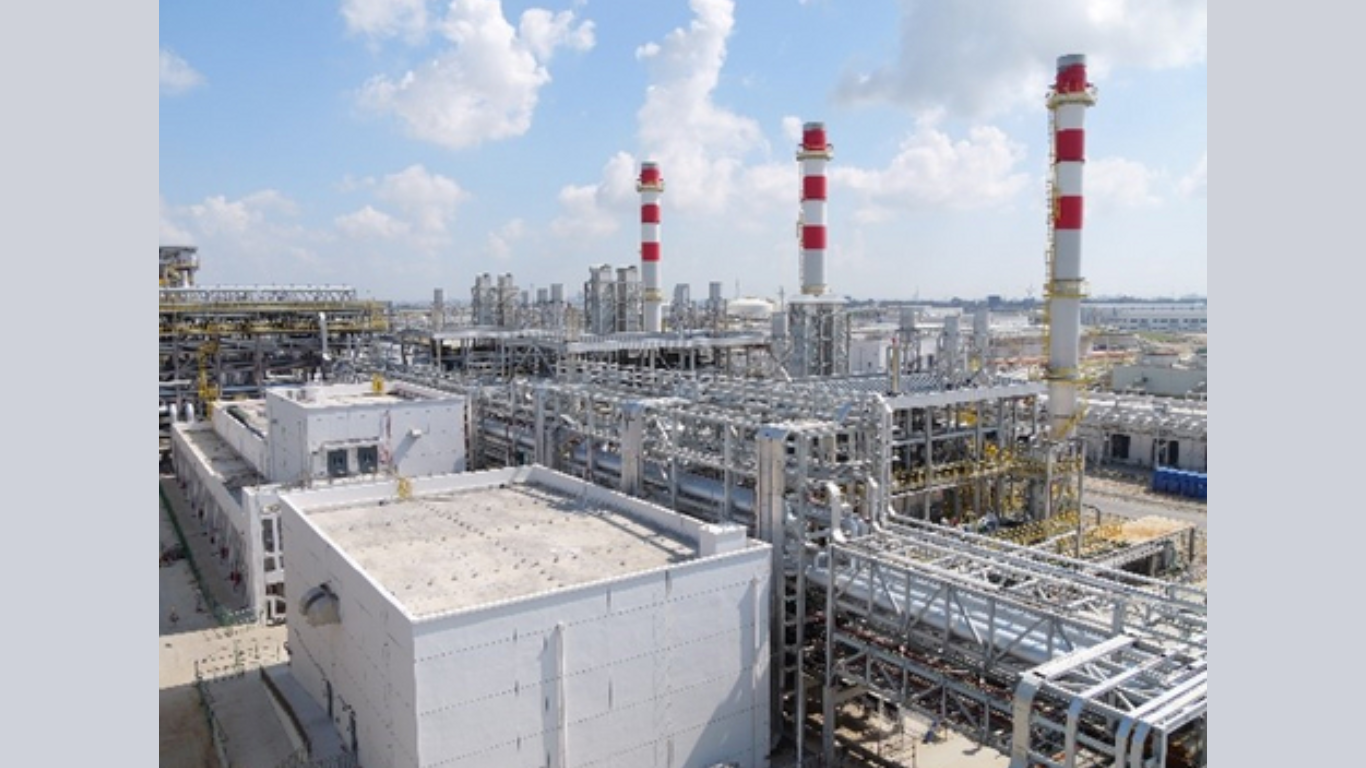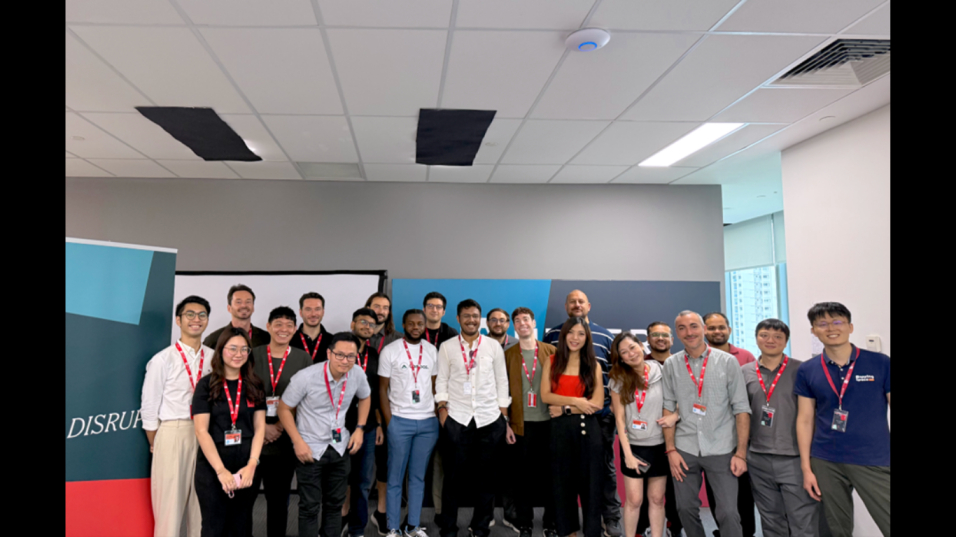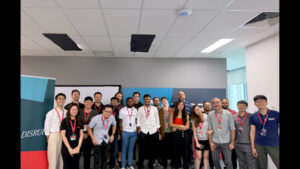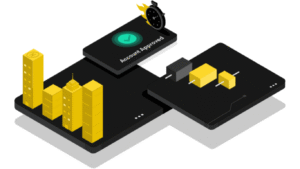Global energy technology company SLB recently announced the launch of Tela, an agentic AI assistant purpose-built to transform the upstream energy sector. Tela leverages agentic AI to not only automate processes but transform workflows and drive better business outcomes. Tela will be embedded in SLB’s portfolio of applications and platforms, and users will interact through a simple conversational interface. This approach enables agentic AI to act as a proactive collaborator — augmenting the workforce to achieve greater productivity and efficiency at scale.
Tela follows a common five-step agentic AI loop: observe, plan, generate, act and learn. This allows agents within Tela to proactively interact with their environment, adapt to new data, and continuously improve outcomes. Whether interpreting well logs, predicting drilling issues, or optimizing equipment performance, Tela agents can work in collaboration with humans or autonomously to deliver faster, smarter decisions.
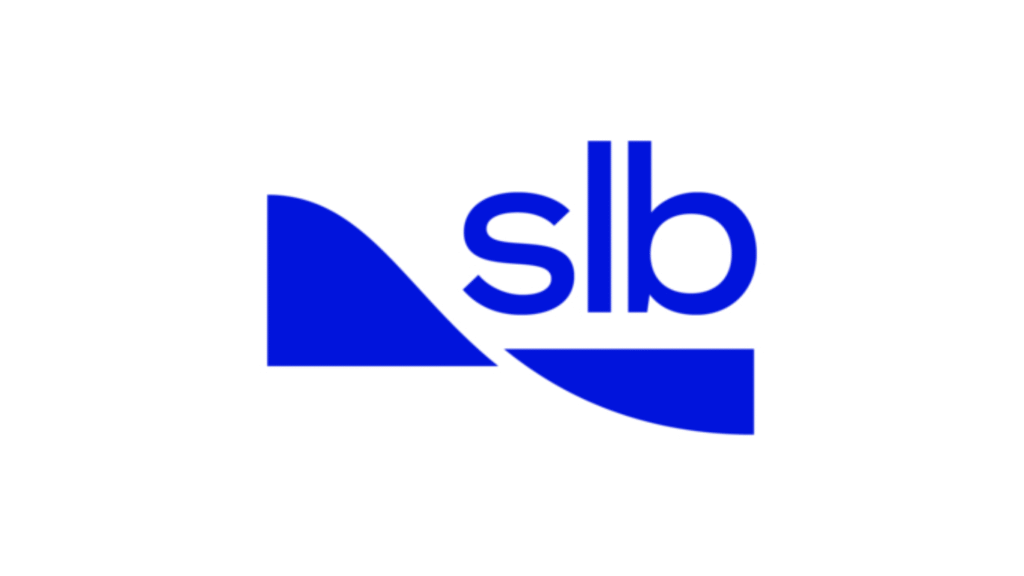
“Technology like Tela marks a paradigm shift in how AI supports the energy industry, from subsurface to operations,” said Rakesh Jaggi, president, Digital and Integration, SLB. “Today, the industry faces a dual challenge: a leaner workforce and increased technical complexity, and Tela can address both. Tela doesn’t just automate tasks — it can understand goals, make decisions and take action. It’s the convergence of 100 years of domain science and cutting-edge digital technology, amplifying human ingenuity and redefining how work gets done.”
Specifically tailored for the energy industry and powered by SLB’s Lumi data and AI platform, Tela uses agentic AI — leveraging large language models (LLMs) and domain foundation models (DFMs) — to understand domain-specific contexts, generate insights and adapt workflows in real time based on observed outcomes. Lumi’s agentic framework allows customers to build and manage their own Tela agents, integrate partner-developed solutions, and tailor capabilities to their operational priorities.
“The real promise of agentic AI isn’t just faster workflows — it’s the ability to see the whole system, anticipate what’s next, and act with confidence, learning through the process and transforming workflows for better enterprise-level outcomes,” said Jaggi. “For oil and gas, that means leading the way in energy innovation, driving smarter decisions, and actively shaping the future of the industry.”


